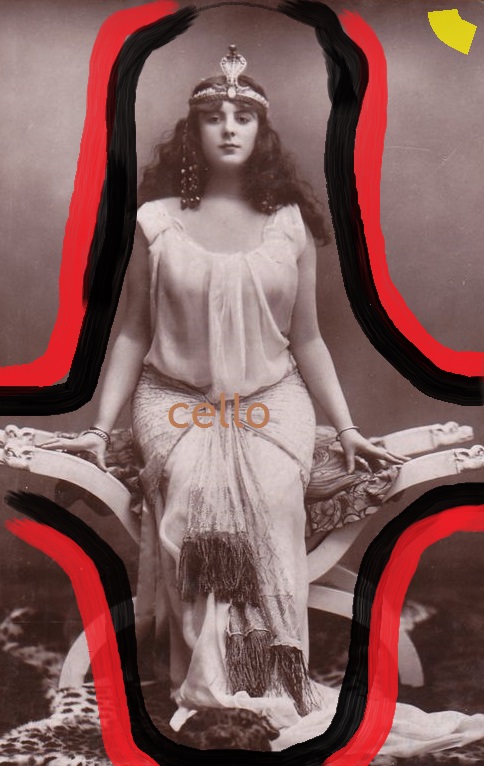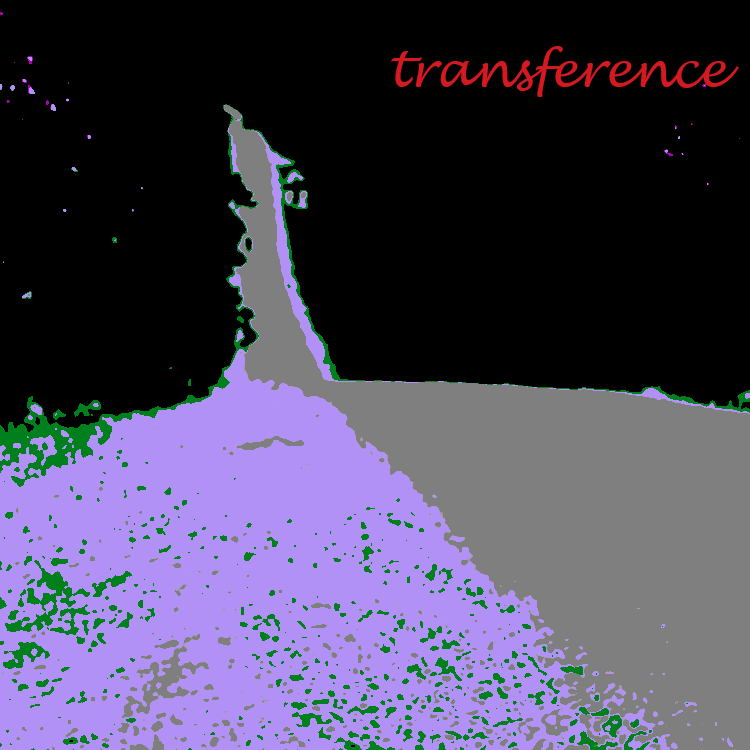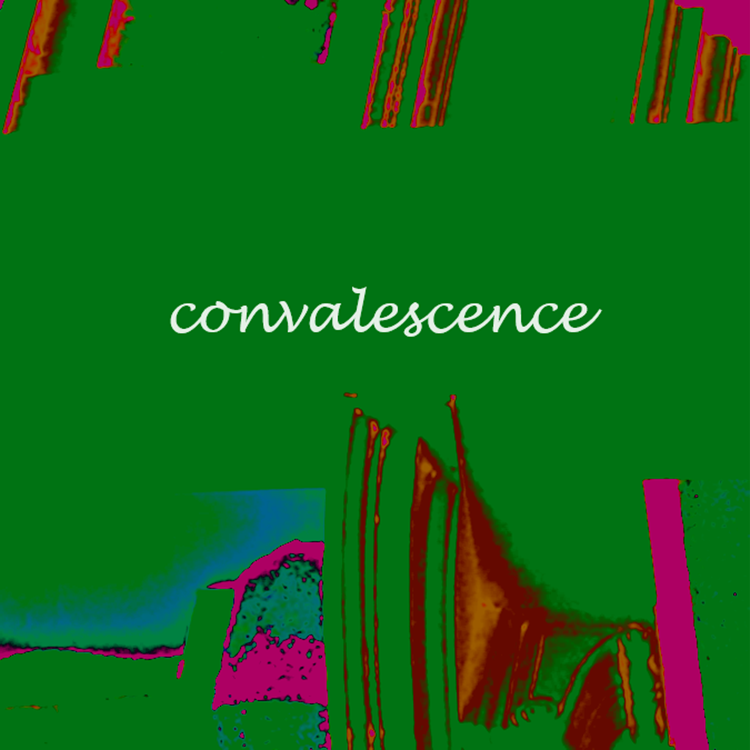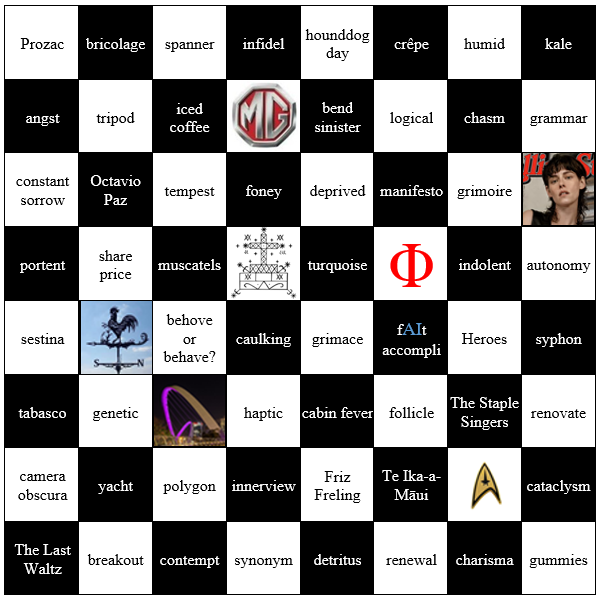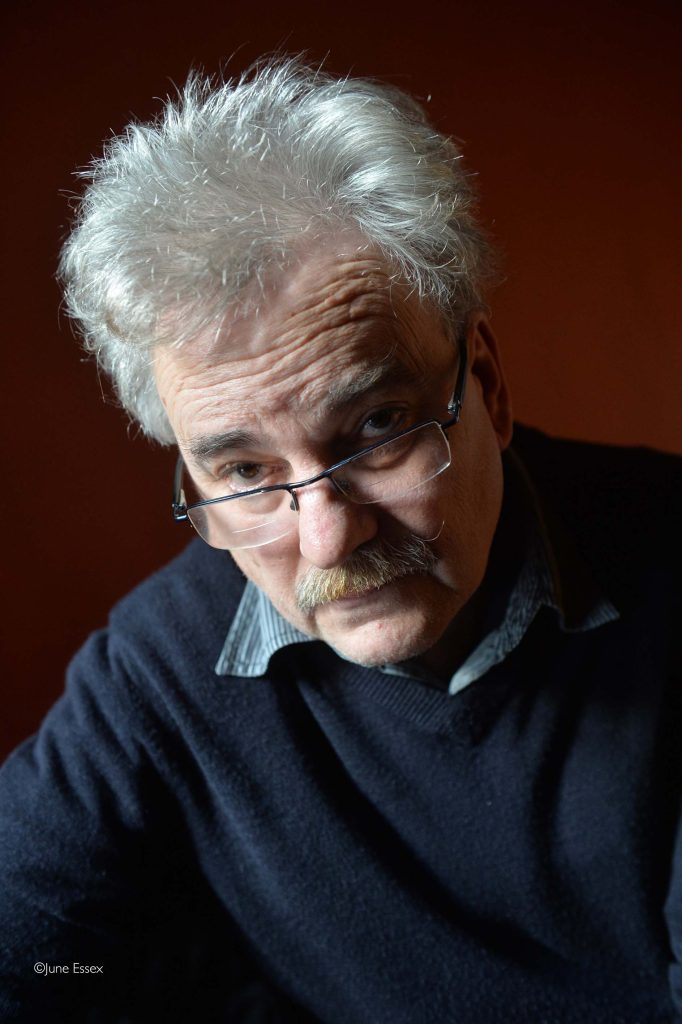Investing in girls’ education
If you educate your son, you educate one person, but if you educate your daughter, you educate an entire generation.
My name is Sarvinoz Mamadaliyeva. The problem I want to talk about is related to the education of young people, continuing their education, and entering the workforce. And I am going to talk mainly about girls’ education. Because it is better if the girls of the nation study! We know that in our country, that is, in Uzbekistan, an 11-year compulsory education system has been introduced. Post-secondary education is optional. Good education is also provided in schools, but nowadays it is difficult to enter university without going to additional classes and courses. That’s why, in Uzbekistan, the majority of girls’ education is deficient at the university or tertiary level. In postsecondary education, the gross enrollment ratio (GER) for female students (ages 19–23) is a mere 6.33 percent. This small number, however, does not indicate that young women are content with the status quo or that they are hesitant to pursue further education. Rather, it is a result of the expensive additional lesson and then university fees, insufficient support, and outmoded social norms that require young women to enter conventional family responsibilities following secondary school.
For example, when I was studying at school, I had a classmate who was good at biology and chemistry, but her family didn’t have enough money to teach her. After we graduated from school, she became engaged and married. But what if she studied? Wouldn’t she become a good doctor?
Once, I heard about Malala Yousufzai, who is a girls’ education activist. She had contributed to girls’ education in Pakistan. Nowadays she also has fund and spends it on girls’ education. Her actions really inspired me.
I have searched for solutions for this problem and found that some actions have already been taken in this field, such as educational credit, without any percentage. If a girl is accepted for a master’s degree, the tuition fees are covered by the government. But there is also a solution I want to share. And I think it will help a little to improve the lives of girls in my community. Of course, right now I can’t have a fund and provide girls financially, but I’m going to launch a project called “Her Opportunity” to teach English to 13 girls for free for 10 months I want them to take at least B2 after that course. Besides I have a friend who studies in Russian faculty at university and she also can help me to teach Russian for other 13 girls.
Well, in conclusion I want to give those girls an opportunity to make their dreams come true. Because investing in girls will certainly pay off.
About the author
Sarvinoz Mamadaliyeva, born on September 5, 2004, in the Tashlak district of Fergana region, is a dynamic and ambitious 19-year-old. Demonstrating her commitment to education, she is currently a 2nd year student in the Foreign Language and Literature Department at Namangan State Pedagogical Institute.
Sarvinoz’s journey is marked by passion for language and literature, reflecting her dedication to personal and academic growth. As she continues her studies, she embodies the spirit of promising individual poised to contribute meaningfully to her community and beyond.


